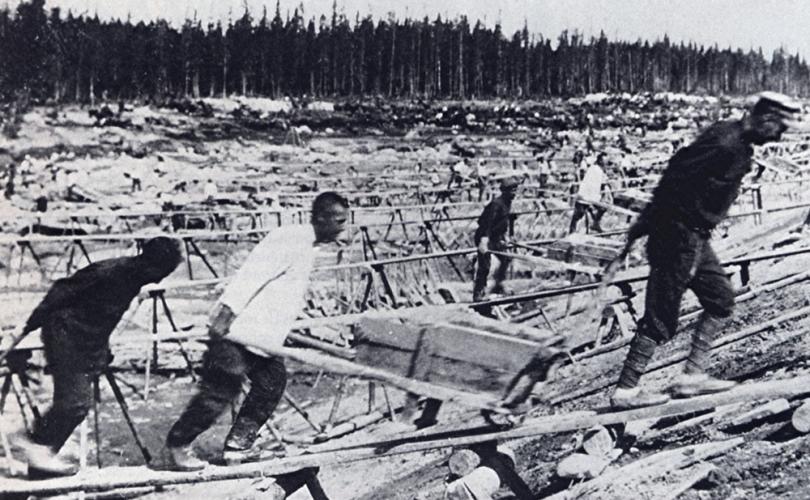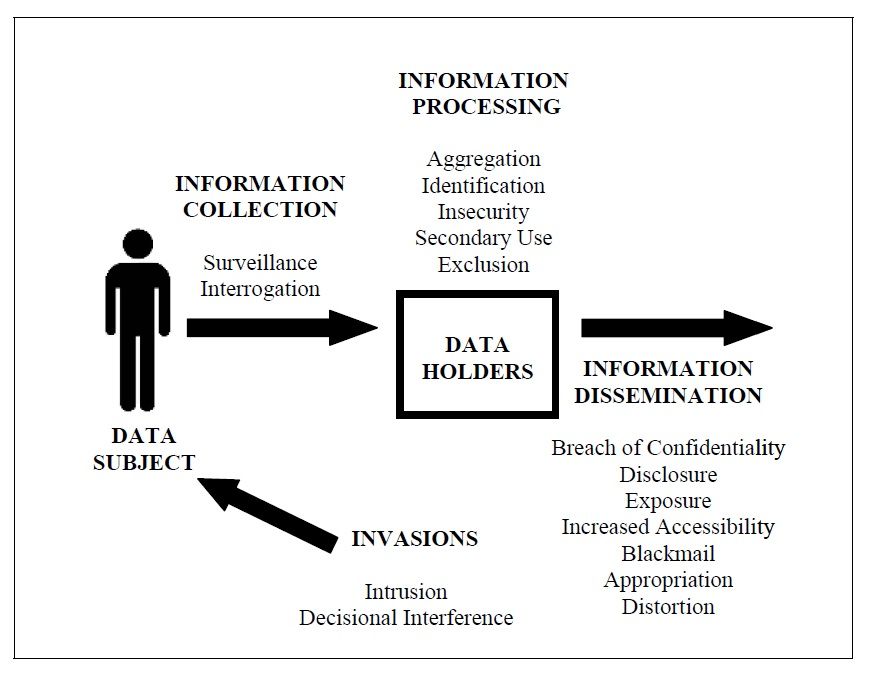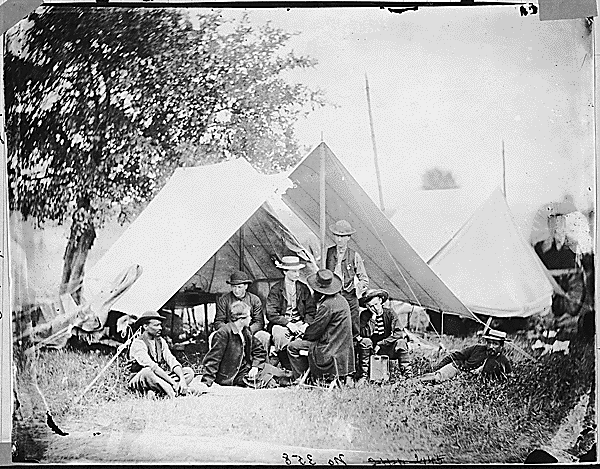class: center, middle, inverse, title-slide # Dirty Wars ## Technologies of Repression ### Jack McDonald ### 2020-02-20 --- class: inverse # Lecture Outline .pull-left[ Case Study: Xinjiang Justice and Political Repression Technology and Repression Digital Repression ] .pull-right[ Key Points: - Repression has a technological dimension - Technology changes affect political repression in multiple ways - Digital technologies enable significant degrees of control via observation, but this shouldn't be overstated ] ??? In this lecture we will revisit some of the themes found earlier in the course, but we will primarily be examining the concept of repression through the lens of technology. How and why does technology matter in the use of repression, or the avoidance of repression? In particular we will be looking at the role that information processing plays in political repression, as well as the definitions of surveillance technologies. In particular, we will look at technologies of identification, and the development of biometric identity and identification systems. This lecture will also introduce the concept of digital repression, and run through some of the history of battles over freedom and privacy on the internet. We’ll also be looking at the (connected) history of technology and surveillance, and some of the key technical/policy issues associated with the regulation of surveillance in an era where almost all communication relies upon, or is co-located with, digital devices. Lastly, we will be looking at these issues in the context of China, and introducing the case study of Xinjiang. Discussion Questions: Why is Xinjiang almost non-existent in the academic literature on surveillance studies? What types of surveillance do you think constitute repression? asd --- # Case Study: Xinjiang .pull-left[  ] .pull-right[ .medium[ > According to this logic, replacing religious beliefs with 'correct' state ideology through re-education is akin to a detoxification process that is freely provided by a benevolent state. > While there is no certainty, it is reasonable to speculate that the total number of detainees is between several hundred thousand and just over one million. Adrian Zenz, _'Thoroughly reforming them towards a healthy heart attitude'_ ] ] ??? --- class: inverse # Small Group Discussion .large[ Why is Xinjiang almost non-existent in the academic literature on surveillance studies? ] ??? --- # Why Study Xinjiang? .pull-left[  As a continuation of old forms of repression ] .pull-right[  As something radically new ] ??? --- class: inverse # Justice and Political Repression ??? --- # Repression and Social Goods .left-column[ Order Security Safety Freedom ] .right-column[ > we cannot distribute goods to men and women until we understand what the goods mean, what parts they play, how they are created, and how they are valued, among those same men and women. Distributions flow out of and are relative to social meanings. Michael Walzer, _‘Spheres of Justice’: An Exchange_ ] ??? --- # Repression and Autonomy .pull-left[  ] .pull-right[ > Even in a system that aspires to total control over individuals, its power is rarely, in practice, unlimited. Individuals manage to assert agency, even in the most limited ways, no matter how total the institution's ambitions. Steven Pfaff, _The Limits of Coercive Surveillance_ ] ??? --- class: inverse # Small Group Discussion .large[What types of surveillance do you think constitute repression? What types of surveillance don't constitute repression?] ??? --- # Privacy and Repression .pull-left[ .medium[ Conceptualisations of privacy - Privacy as space - Privacy as secrecy - Privacy as information control Modes of privacy (Agre) - Surveillance - Capture Harms (Calo) - Subjective (sensation) - Objective (information used against you) ] ] .pull-right[  .medium[From Daniel J. Solove, _Understanding Privacy_] ] ??? --- class: inverse # Technology and Repression ??? --- # What is Technology, Anyway? .pull-left[ .small[ > - The branch of knowledge dealing with the mechanical arts and applied sciences; the study of this. > - The application of such knowledge for practical purposes... > - The product of such application; technological knowledge or know-how; a technological process, method, or technique... (Oxford English Dictionary) > Before World War II, people made sense of material culture primarily with other terms, such as _invention, industry, manufactures, machinery, science_, and especially _art_. (Eric Schatzberg, _Technology_) ]] .pull-right[ .small[ > ...exists as an element in human culture and it promises well or ill as the social groups that exploit it promise well or ill. (Lewis Mumford, _Technics and Civilization_) > The engineer, and more generally the designer, is concerned with how things ought to be how they _ought_ to be in order to _attain goals_, and to _function_. (Herbert Simon, _The Sciences of the Artificial_) > Technology involves organization, procedures, symbols, new words, equations, and, most of all, a mindset. (Ursula Franklin, _The Real World of Technology_) ]] ??? Organised knowledge Practice? An adaptive buffer? (Herbert Simon) Something else? (Franklin, mindset) --- # Technology and Society .pull-left[  ] .pull-right[ > The most important means of identifying British subjects in the twentieth century was not the identity cards of the National Register, but the simple automobile driver's license. Jon Agar, _The Government Machine_ ] ??? --- # Technology and Social Control .pull-left[  ] .pull-right[ > Intense forms of abstraction and generalisation also encourage powerfully asymmetrical forms of knowledge, with one individual or institution able, for the first time, to measure very large populations. Keith Breckenridge, _Biometric State_ ] ??? --- # Surveillance and Technology .pull-left[  ] .pull-right[ .medium[ > Law enforcement at all levels has the legal authority to intercept and access communications and information pursuant to court orders, but it often lacks the technical ability to carry out those orders because of a fundamental shift in communications services and technologies. This scenario is often called the “Going Dark” problem. FBI.gov, _Going Dark_ ] ] ??? --- class: inverse # Digital Repression ??? --- # Dataveillance > Data surveillance is now supplanting conventional surveillance techniques... With mass dataveillance, the fundamental problems of wrong identification, unclear, inconsistent, and context-dependent meaning of data, and low data quality are more intense than with personal dataveillance. Roger Clarke, _Information Technology and Dataveillance_ ??? --- # Biometric Borders .medium[ > In the Spring Semester of 2004, the Italian philosopher and scholar Giorgio Agamben cancelled his plans to teach at New York University because he refused to have his fingerprints scanned and checked by the United States Department of Homeland Security. Sidsel Rosenberg Bak, _Control of Fingerprints – Power over People_ ] -- .medium[ > Today, one sees the beginnings of a society in which one proposes to apply to every citizen the devices that had only been destined for delinquents. According to a project that is already on the road to realization, the normal relationship of the State to what Rousseau called the "members of the soveriegn" will be biometric, that is to say, generalized suspicion. > I will refuse to be a party to all biometric supervision and that I am ready to renounce my passport as well as all pieces of identity. Giorgio Agamben, _No to Biometrics_ ] ??? --- # ANPR & Facial Recognition .pull-left[ .medium[ ANPR invented in 1976 by UK's Police Scientific Development Branch (PSDB) Trialled from 1979, first arrest credited to ANPR in 1981 Deployed as part of "Ring of Steel" network in City of London in 1993 1997 The Police National ANPR Data Centre (NADC) formed as an extension to the Police National Computer service 2003 - ANPR used as part of London Congestion Charge scheme ] ] .pull-right[  ] ??? --- # What Makes Digital Technologies Different? Digital technologies are amenable to distributing power in theory, but in practice tend towards centralising control Digital technologies are enable non-human congition and information processing Digital technologies minimise costs of storage, knowledge discovery, and combination Digital technologies enable persistent, redundant, available archives of individual behaviour at social scale ??? --- # Digital Repression .pull-left[ - Technologies of Repression - The State/Platform/Copyright Nexus of Repression - Technology Will Save Us… Right? - Exporting Repression - Digital Repression: What Is To Be Done? ] .pull-right[ How do digital technologies enable and constrain political repression? Is Xinjiang an outlier, or a plausible future for many political systems? Always remember: be skeptical! ] ???